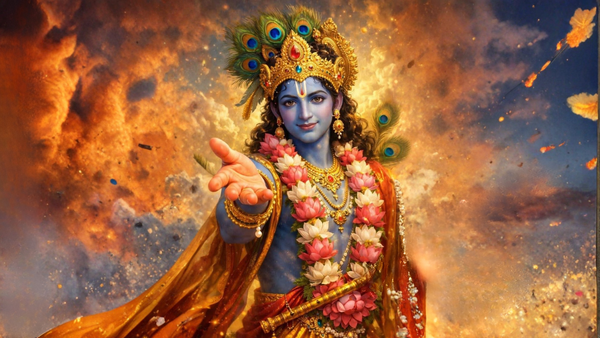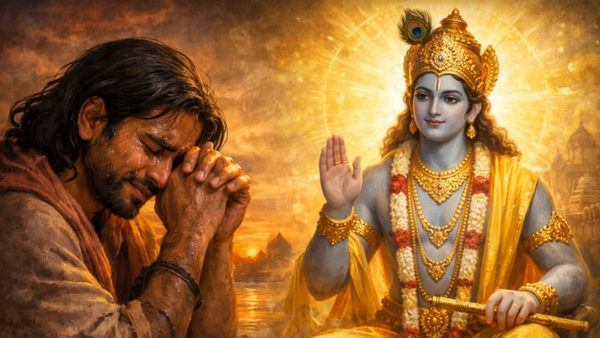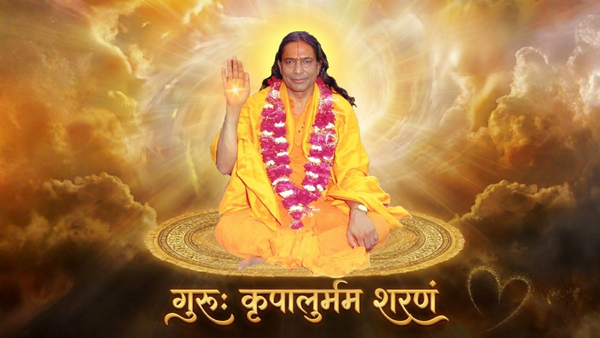Your Heart, Your Temple: The Secret of Idol Worship

Have you ever wondered about the practice of idol worship? Beyond the beautiful statues and rituals lies a deeper secret, one that touches the very core of human emotion and connects us to the ever-present divine.
More Than Just a Statue: Finding Focus
Idol worship isn't about bowing down to a piece of stone or metal. Instead, it's about using that image as a tool. It's like a magnifying glass, helping us focus our love and devotion on the divine. Just like a bridge connects two lands, the idol bridges the gap between our limited human experience and the boundless realm of the divine.
Bringing Life to the Inert: The Power of Devotion
Even though the idol may seem lifeless, our heartfelt devotion breathes life into it. Through prayers, chants, and rituals, we infuse the object with a sense of the divine. It's like turning a simple stone into a vessel of spiritual power. This sacred energy becomes a beacon, guiding us toward a deeper connection with the divine force that fills all creation.
Beyond Form: A Universe of Devotion
The richness of idol worship lies in its endless diversity. From meticulously sculpted figures residing in grand temples to humble paintings adorning homes, idols manifest in a multitude of forms. Whether crafted from stone, metal, wood, clay or even imagined through the power of the mind, each representation serves as a gateway to the divine, reminding us that the source of all creation transcends the limitations of physical form.
Jagadguru Shri Kripalu Ji and the Power of the Mind-Formed Idol
Among the various forms of idols, Jagadguru Shri Kripalu Ji highlights the profound significance of the "Manomayi idol," one formed through the power of the mind. This unique form of devotion offers unparalleled flexibility and freedom. Unlike physical idols, which remain constant in their form, the mind-formed idol can be readily adapted to the worshipper's desires. In one moment, you can envision a playful baby Krishna, the next, a young and handsome Krishna, and then Krishna in the company of his beloved Radha Rani. This dynamism allows for a truly personalized and intimate connection with the divine.
Unbounded by Rituals: A Personal Journey
The beauty of the mind-formed idol extends beyond its flexibility. It liberates the worshipper from the constraints of rigid rituals and allows for a more relatable and heartfelt expression of devotion. The emphasis shifts from external forms to internal emotions, creating a space for profound spiritual immersion and exploration.
We've covered a lot about idol worship today, but there's still more to explore. Join us next week for Part 2, where we'll continue our journey into the depths of this spiritual practice. Until then, let's reflect on what we've learned so far and stay curious about the divine connections awaiting us.
You can always read the wonderful book by JKPLiterature,
Murti Pooja: Temple Tales- https://www.jkpliterature.org.in/en/product/murti-pooja





